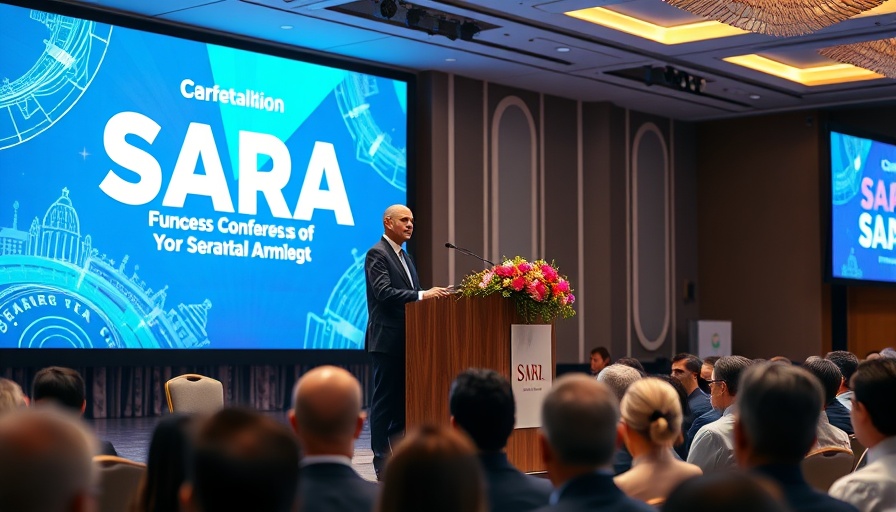
Huawei's Ascendancy in Tunisia's 5G Landscape
The race for telecommunications supremacy in Tunisia is heating up as Huawei, a leader in global communications technology, positions itself to potentially eclipse Ericsson in the country's ongoing 5G rollout. With the foundation being laid for a high-speed mobile network, the question arises: Can Huawei's prowess in infrastructure and investment outmaneuver the Swedish giant?
The Global Context of 5G Development
5G technology is revolutionizing how we connect and communicate, ushering in what many experts believe will be a new age of digital transformation. As countries scramble to establish their 5G networks, the competition has intensified, particularly in Africa — a continent that has historically leaped directly to mobile technology without fully adopting wireline systems.
In pursuing increased connectivity, nations across Africa are prioritizing technological partnerships that foster growth and development. For example, the African Continental Free Trade Area (AfCFTA) aims at deepening economic cooperation, which can be significantly bolstered by reliable telecommunications infrastructure. Huawei's potential dominance in Tunisia can be seen as aligning with a broader agenda of increased trade and economic integration across the continent.
What This Means for Technology in Africa
The entry of players like Huawei into Tunisia not only signals a technological shift but also opens conversations on governance, regulation, and economic empowerment. As technology powers new industries such as fintech and e-commerce, timely access to robust networks becomes crucial for local startups and entrepreneurs aiming to innovate and compete globally.
Furthermore, such developments are particularly relevant in the context of youth engagement and employment. As the continent grapples with unemployment and underemployment rates among its young population, proactive investment in technology infrastructure can catalyze job creation, giving rise to a new generation of tech-savvy professionals.
The Competition: Huawei vs. Ericsson
Ericsson has long been considered a frontrunner in mobile network infrastructure. However, the rise of Huawei has been meteoric, with the Chinese firm consistently undercutting its competitors with lower pricing and innovative technology. This competition not only reflects on the profitability of each company but also highlights the geopolitical tensions surrounding technology development, particularly in places like Africa where investments can symbolize larger international interests.
With Huawei’s historical investment in the region and its capacity to fully support digital transformation initiatives, the stakes appear high for Ericsson, which now must reconsider its strategies in the face of this growing challenge. The choice for Tunisia is clear: it can align with a rapidly advancing infrastructure provider or hold out for a longer-term partnership based on established networks.
Understanding the Implications of 5G for Everyday Life
For citizens in Tunisia, the implications of this technological competition extend beyond mere internet speed; they touch on issues of governance, accessibility, education, and human rights. With reliable internet, rural areas can become connected and integrated into the wider economy, as digital transformation can provide critical services like telehealth and online education.
Moreover, equitable access to technology can help bridge societal divides that persist across the region. The challenge, however, remains in ensuring that the implementation of such technologies adheres to principles of transparency and democratic governance.
The Future of Telecom in Tunisia
As we look forward, it becomes clear that the battle for 5G in Tunisia is emblematic of a larger global narrative. The ability of countries to harness new technologies effectively will greatly influence their economic trajectories as well as their political landscapes. All eyes will now be on how this promising technology unfolds, the partnerships forged, and the policies laid down to ensure that the adoption of 5G benefits all layers of Tunisian society.
With the new chapter in Algeria's digital strategy as a backdrop, Huawei's challenge to Ericsson may well reshape the telecommunications ecosystem in North Africa. Only time will tell how this competition evolves and what it means for millions of Tunisians eager to connect with the world.
 Add Row
Add Row  Add
Add 




Write A Comment